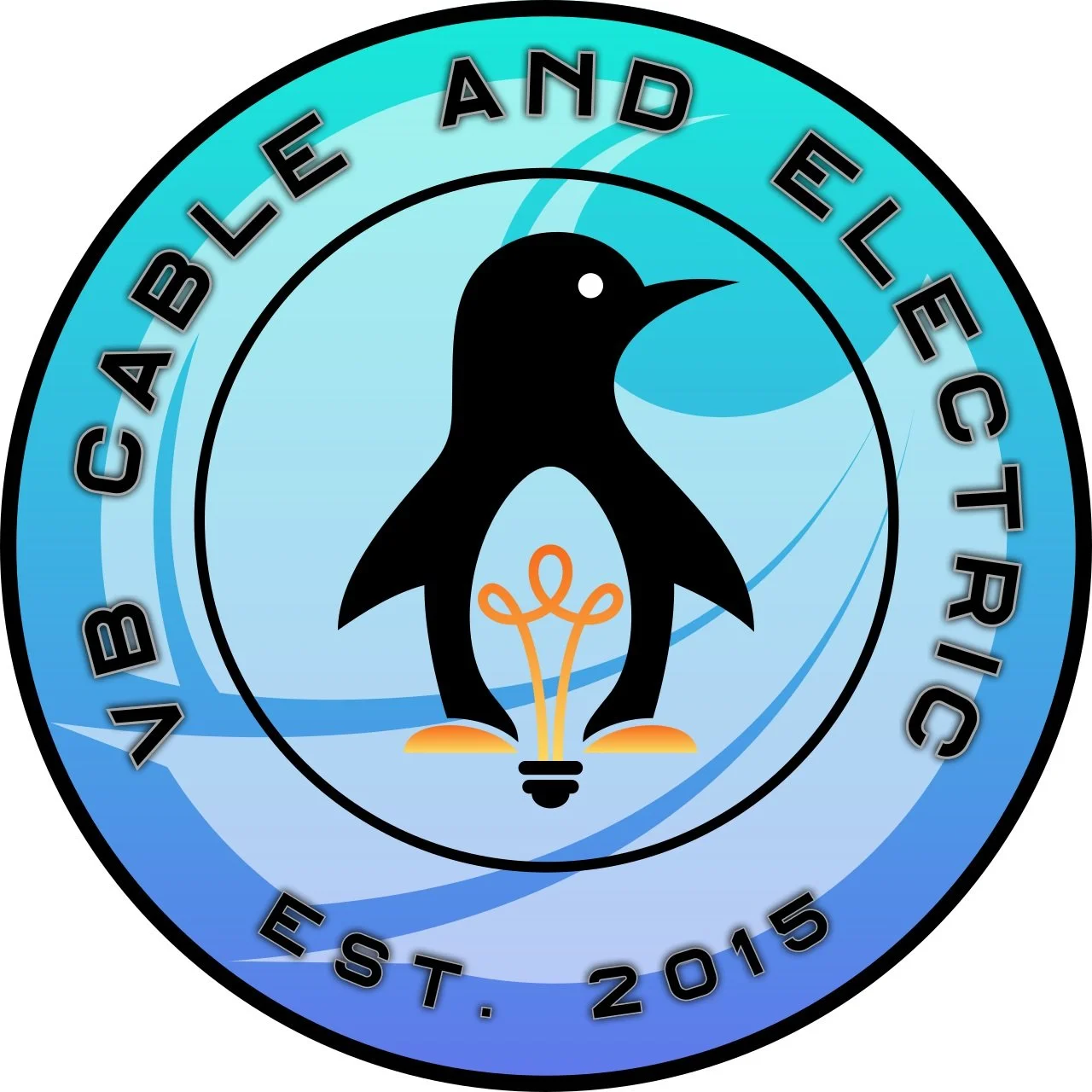How to Prepare Your Home for an EV Charger
With the rise of electric vehicles (EVs), having a home EV charger is becoming a necessity for convenient and cost-effective charging. Installing a charger at home requires careful planning to ensure your electrical system can handle the added load safely and efficiently. Here’s what you need to know to get your home ready for an EV charger installation.
1. Check Your Electrical Panel Capacity
EV chargers require a significant amount of power, typically ranging from 30 to 60 amps. Older homes may have a 100-amp electrical panel, which might not be sufficient for an EV charger. A licensed electrician can assess whether you need a panel upgrade to 200 amps or higher to accommodate the additional demand.
2. Choose the Right Charger Level
There are two main types of home EV chargers:
Level 1 Charger (120V) – Uses a standard household outlet but charges very slowly.
Level 2 Charger (240V) – Requires a dedicated circuit but charges significantly faster. For daily EV use, a Level 2 charger is recommended for efficiency and convenience.
3. Determine the Best Charger Location
Choose a spot near your parking area that allows for easy access to the charging port on your vehicle. Ideally, the location should be close to your electrical panel to minimize installation costs. Consider futureproofing by selecting a spot that can accommodate potential charger upgrades.
4. Upgrade Your Wiring if Necessary
If your home’s wiring is outdated or lacks the proper gauge for high-powered appliances, it may need to be upgraded. A dedicated 240V circuit is required for a Level 2 charger, and using the correct wiring ensures safe and efficient power delivery.
5. Obtain Necessary Permits and Inspections
Most cities require permits for EV charger installations to ensure compliance with local electrical codes. A professional electrician can handle the permitting process and make sure your installation meets all safety requirements.
6. Consider Smart Charging Features
Some EV chargers come with Wi-Fi connectivity, scheduling options, and energy monitoring to help optimize charging times and reduce electricity costs. Smart chargers can integrate with your home energy system for added efficiency.
7. Hire a Licensed Electrician for Installation
Installing an EV charger involves high-voltage wiring and electrical upgrades, making it a job best left to professionals. At VB Cable and Electric, we specialize in EV charger installations and electrical panel upgrades, ensuring a safe and seamless setup for your home.
Get Your Home EV-Ready with VB Cable and Electric!
Whether you need a panel upgrade, new wiring, or a full EV charger installation, our team is here to help. Contact VB Cable and Electric today for a consultation and get your home ready for the future of electric driving!
